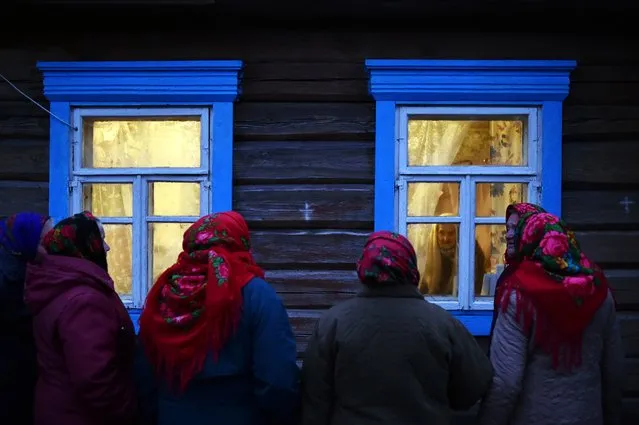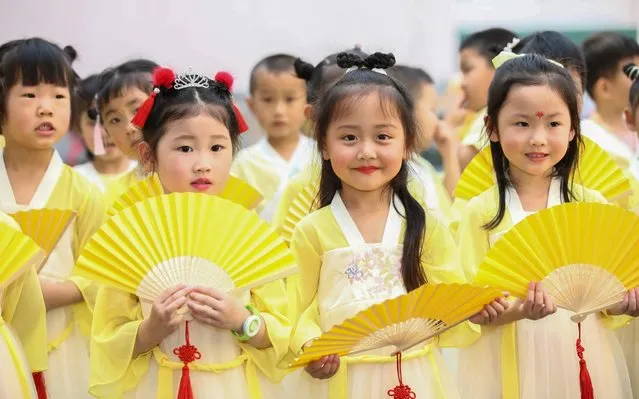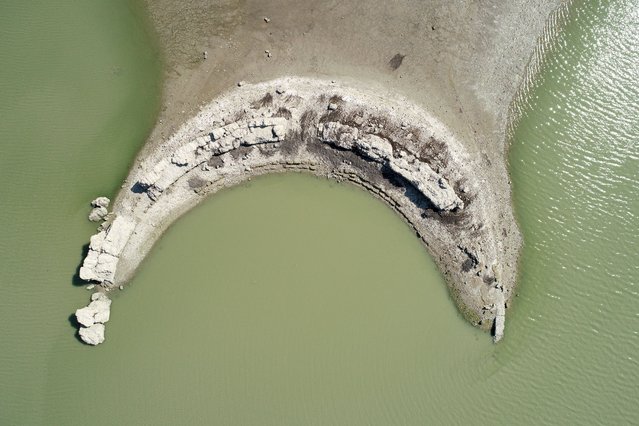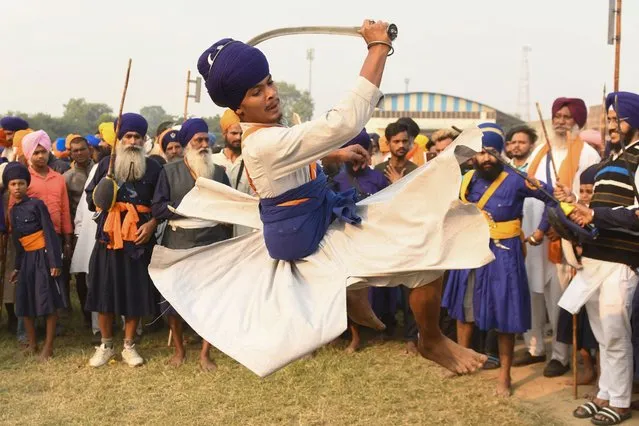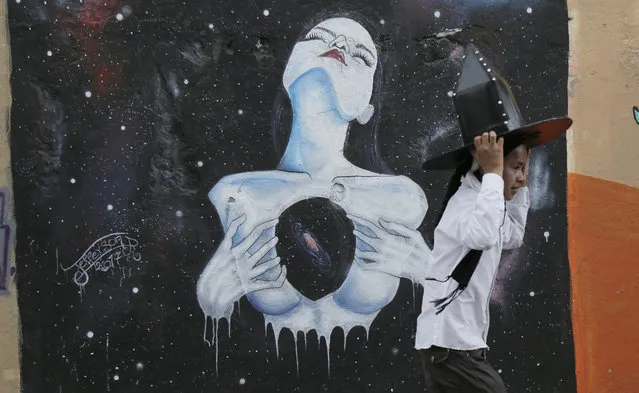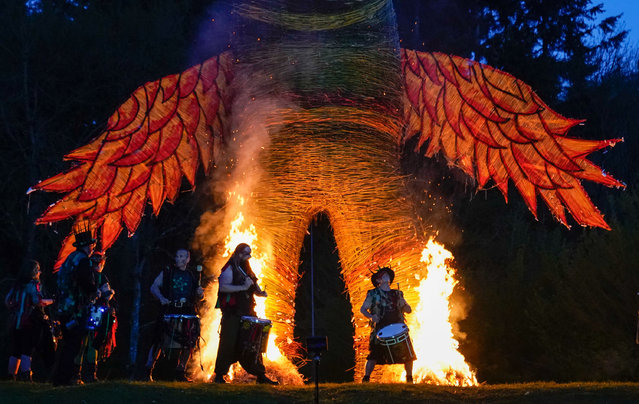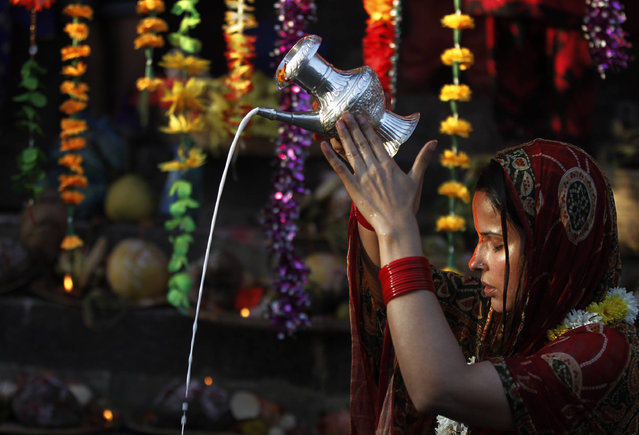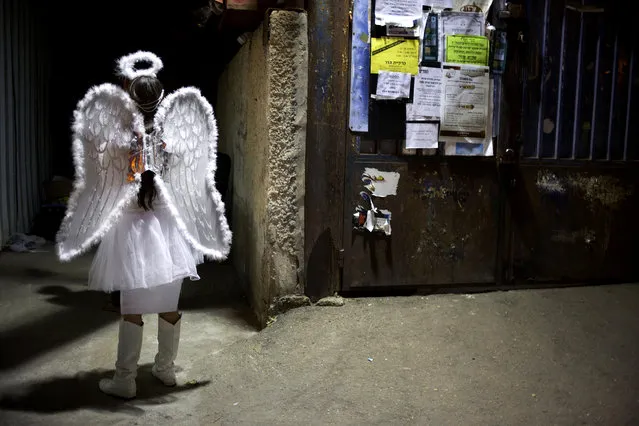
A girl walks to a synagogue of the Tzanz Hasidic dynasty community to read the Book of Esther, which tells the story of the Jewish festival of Purim, in Netanya, Israel, Wednesday, March 23, 2016. The Jewish holiday of Purim commemorates the Jews' salvation from genocide in ancient Persia, as recounted in the Book of Esther. (Photo by Ariel Schalit/AP Photo)
25 Mar 2016 13:11:00,post received
0 comments

